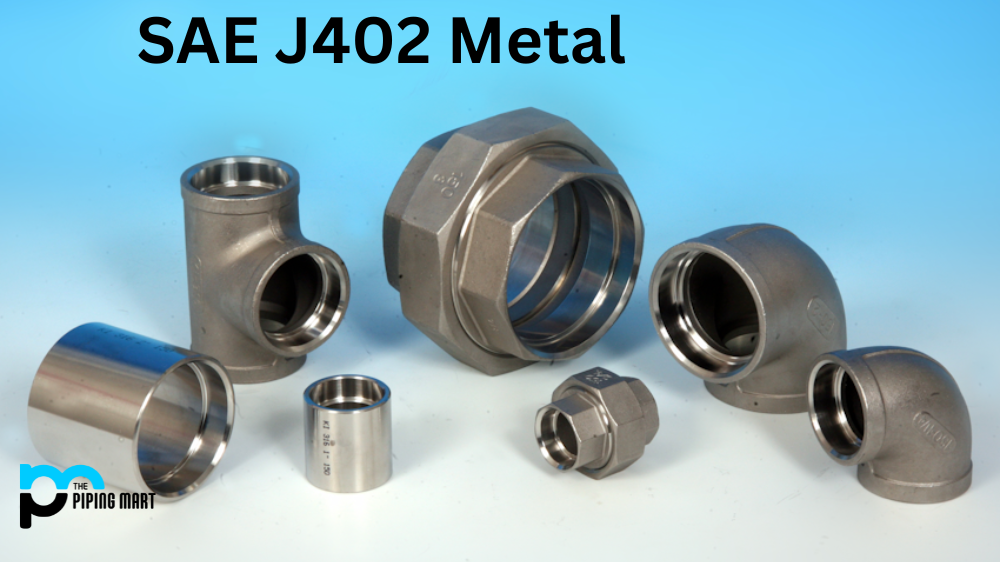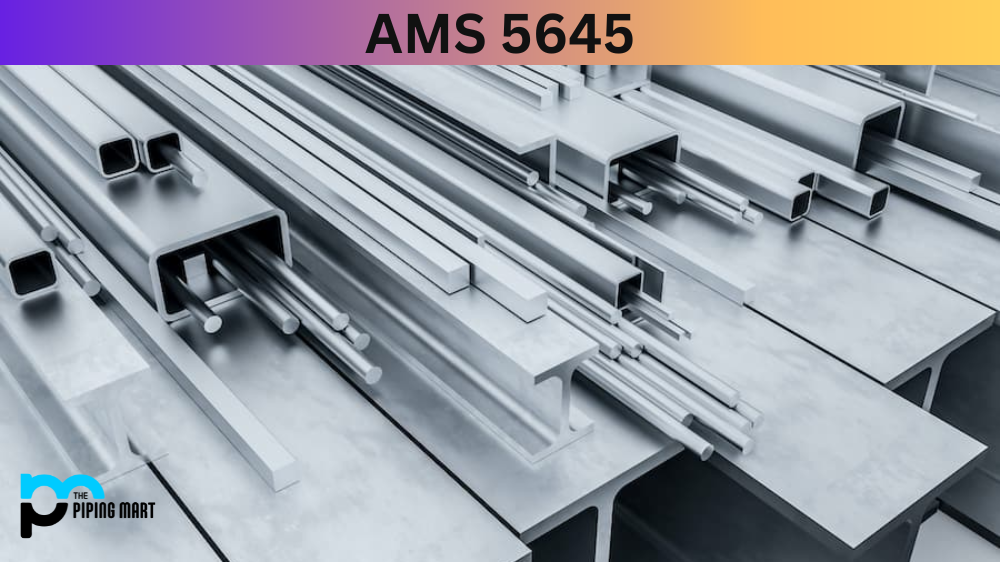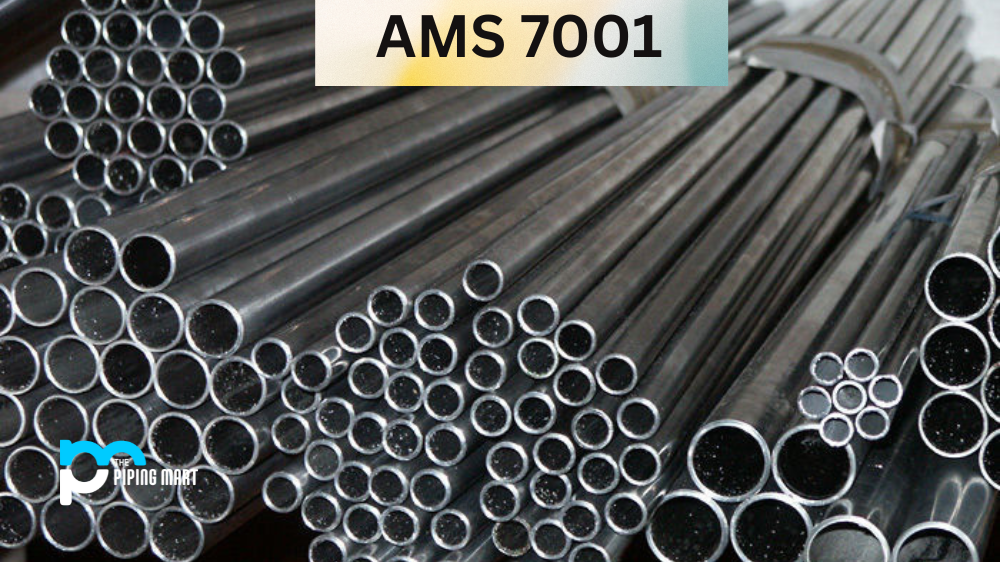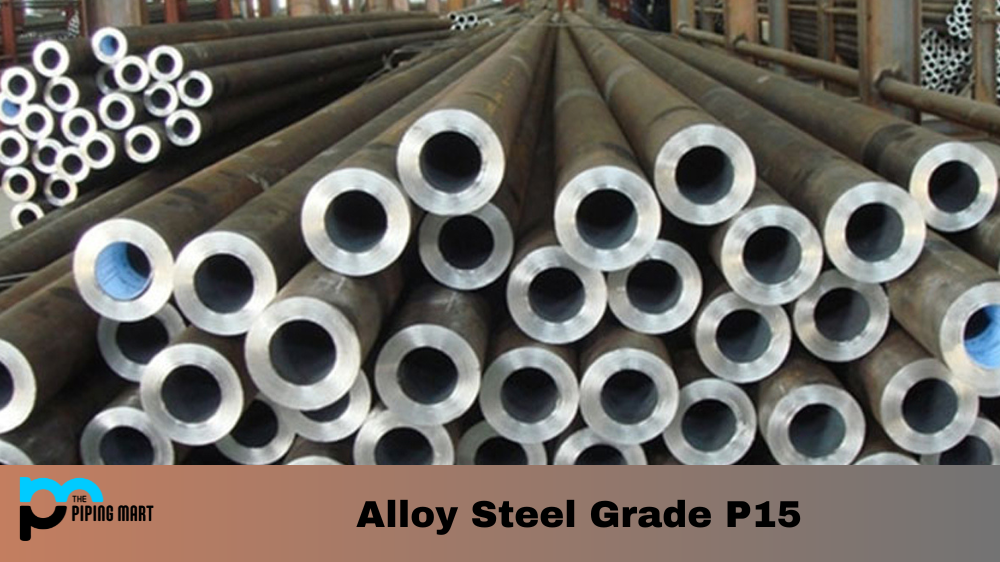In the world of metalworking and engineering, there are many different types of metals and alloys for various applications. SAE J402 Metal is a type of metal gaining popularity because of its versatility, durability, and strength. In this blog post, we will explore what SAE J402 Metal is, its composition, mechanical and physical properties, and uses corrosion resistance, heat treatment, machining, and welding techniques that you can use to work with the metal.
What is SAE J402 Metal?
SAE J402 is a classification of metal developed by the SAE (Society of Automotive Engineers). It’s composed mainly of low-carbon steel, which makes it highly resistant to corrosion and wear. Additionally, SAE J402 has high tensile strength and can be heat-treated for increased hardness. This type of metal is commonly used in the aerospace, automotive and military industries due to its impressive durability.
SAE J402 Composition
SAE J402 Metal is a low-carbon steel alloy mainly made of iron with 0.08-0.13% carbon, 0.3-0.6% manganese, and up to 0.05% sulfur content. It is a type of commercial-quality steel that is used in various manufacturing applications. SAE J402 Metal is highly ductile, meaning it can be drawn or shaped into wires or sheets without breaking. Its low-carbon content also makes it easy to weld.
SAE J402 Mechanical Properties
SAE J402 Metal has various mechanical properties, making it a popular choice for designing parts and components. Its tensile strength ranges between 400-550 MPa, which means it can withstand stress and pressure. It has a minimum yield point of 275 MPa, which means it can resist deformation caused by external loads. The metal’s elongation percentage is also relatively high at 25-35%, which allows it to bend and stretch without breaking.
SAE J402 Physical Properties
Regarding the physical properties of SAE J402 Metal, it has a specific gravity of 7.86, meaning it is a relatively dense metal. It has a melting point of 1425-1540°C, which makes it resistant to high temperatures. One of the benefits of SAE J402 Metal is its resistance to abrasion and wear. Its 150-220 HB hardness means it can resist scratching and grinding, making it ideal for manufacturing durable parts or tools.
SAE J402 Uses
SAE J402 Metal has several applications, including manufacturing automotive components such as gears, axles, and shafts. It is also used in machining parts like cams or oil industry parts like pump shafts. The metal also finds its use in construction, such as in producing beams, pipes, and sheet metal.
SAE J402 Corrosion Resistance
Another critical aspect of SAE J402 Metal is its corrosion resistance. The metal is not highly corrosion-resistant because of its low chromium content. However, it can be coated with another material to enhance its corrosion resistance properties.
SAE J402 Heat Treatment
Heat treatment is essential to improve the overall quality and hardness of SAE J402 Metal. The three primary heat treatments used are annealing, normalizing, quenching, and tempering. Annealing is a heat treatment that allows the metal to cool down slowly to soften it. Normalizing involves heating the metal to a temperature above the critical point and cooling it quickly in the air. Quenching and tempering involve heating the metal to a specified temperature and then rematching it to harden it.
SAE J402 Machining
Machining SAE J402 Metal is relatively easy and can be performed with a standard cutting tool. However, high-speed steels or carbide-cutting tools are recommended for the best results. On the other hand, welding requires proper technique, and the metal needs to be preheated to avoid cracking.
SAE J402 Welding
SAE J402 Metal Welding is a process that fuses two pieces of metal by applying heat and pressure. It has been used for centuries to create strong, durable joints in metals like aluminium, steel, and even titanium alloys. With the right equipment, proper technique, and quality materials, it is possible to create strong welds with beautiful aesthetics.
Conclusion
SAE J402 Metal is a versatile and durable steel alloy with various uses in manufacturing, construction, and industries like automotive and oil. Understanding its composition, mechanical and physical properties, corrosion resistance, heat treatment, machining, and welding techniques is crucial for effectively working with this type of metal. Using the proper methods and best practices, you can safely and successfully incorporate SAE J402 Metal into your projects and applications.

Abhishek is a seasoned blogger and industry expert, sharing his insights and knowledge on various topics. With his research, Abhishek offers valuable insights and tips for professionals and enthusiasts. Follow him for expert advice on the latest trends and developments in the metal industry.




